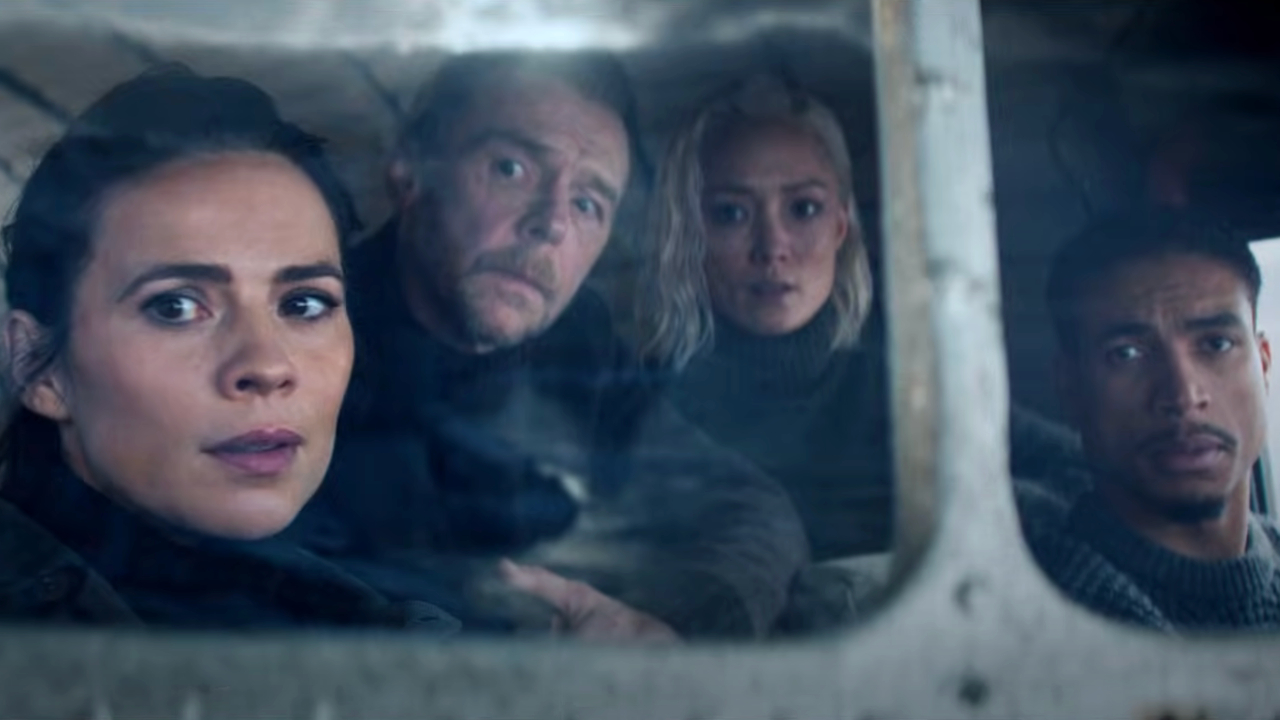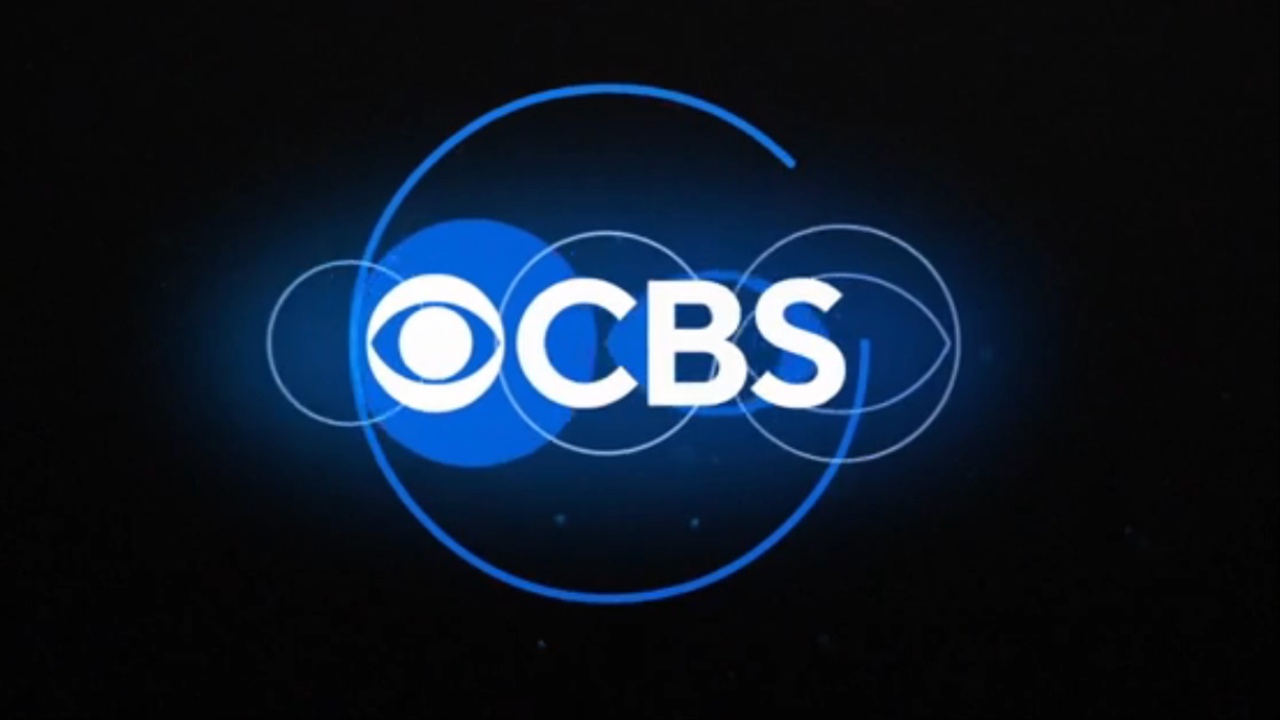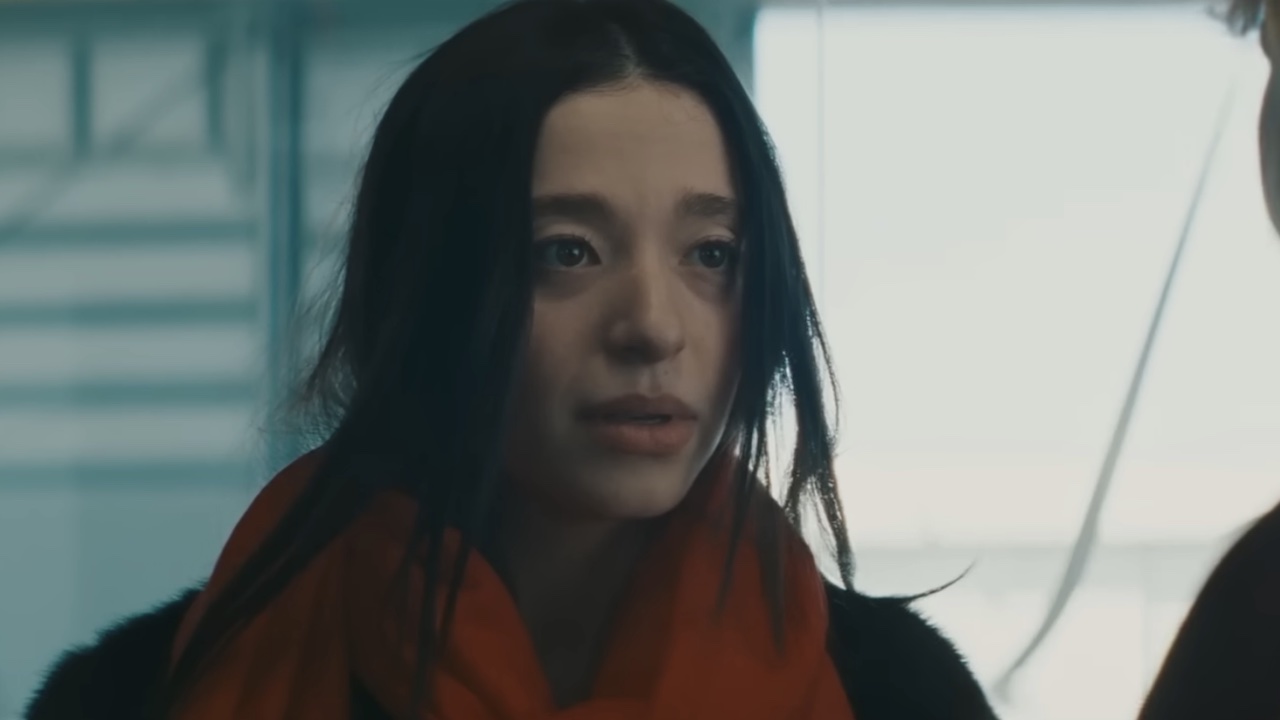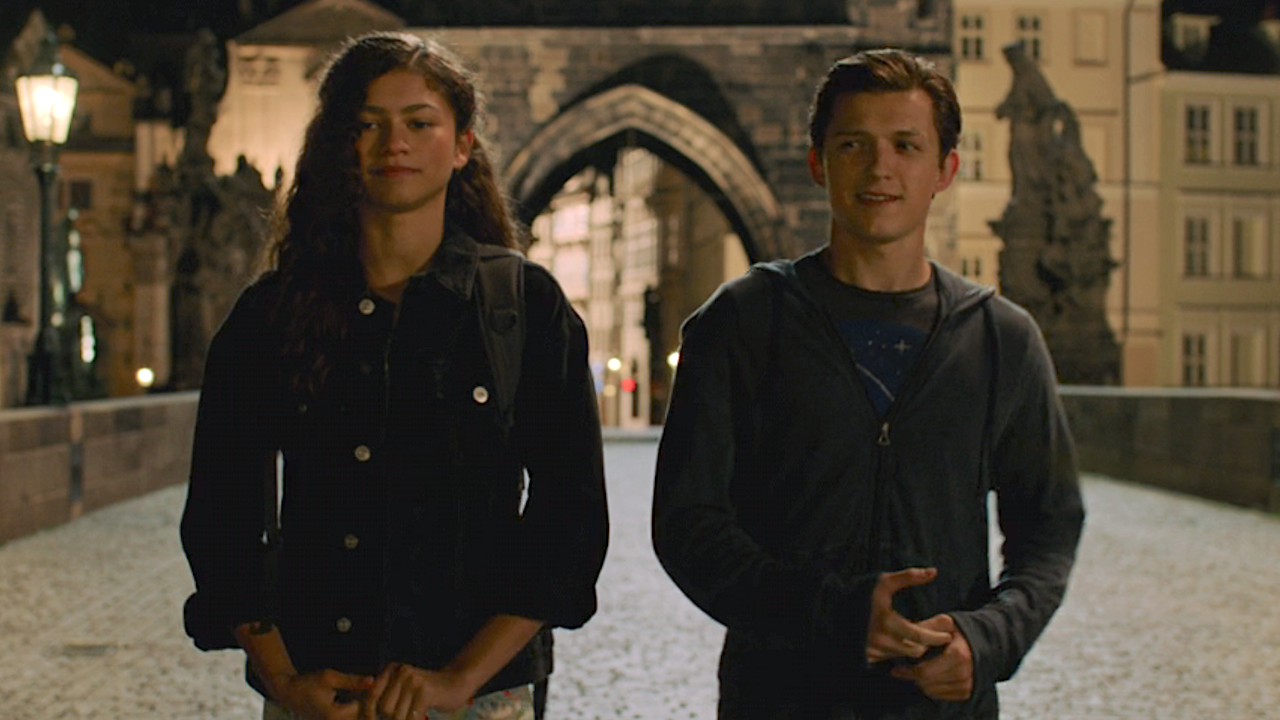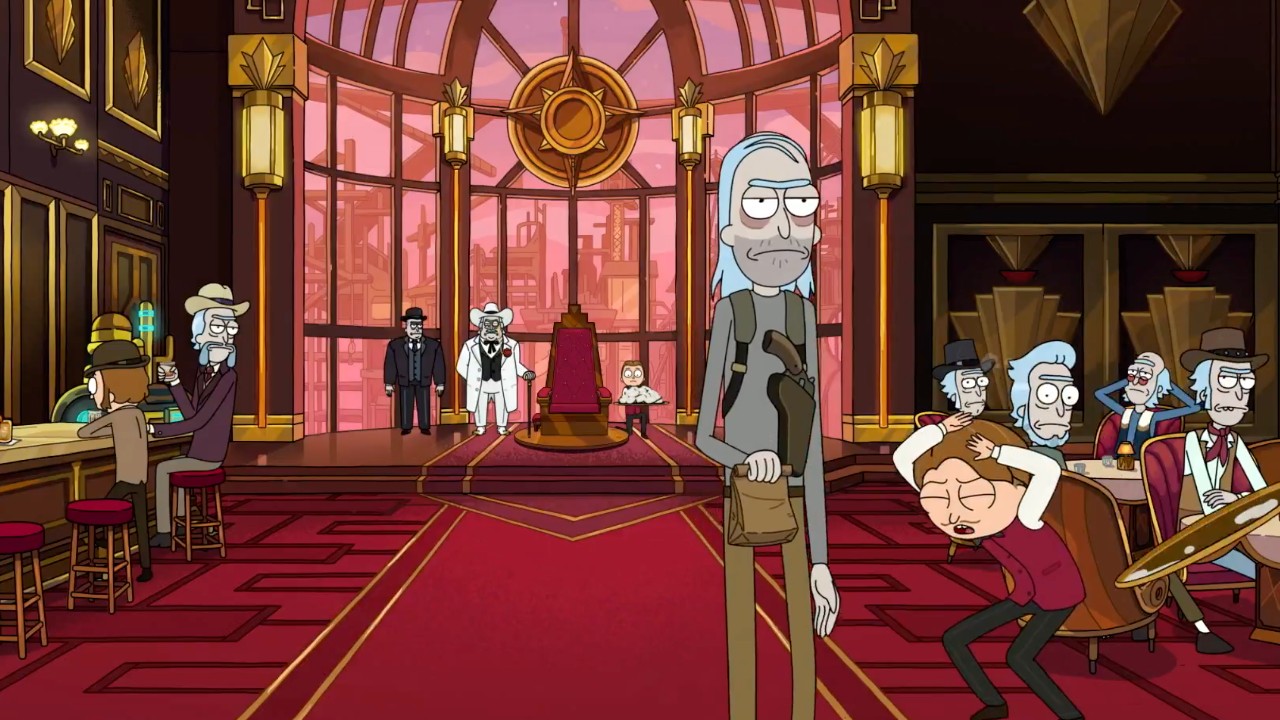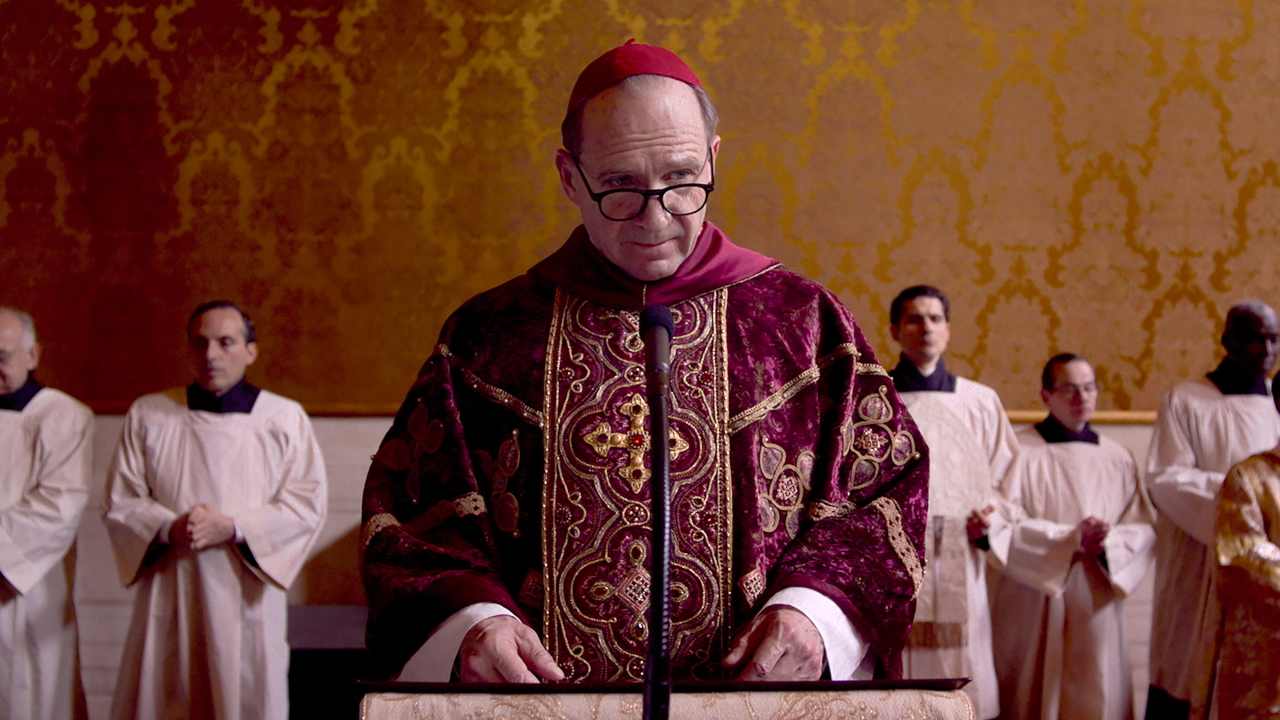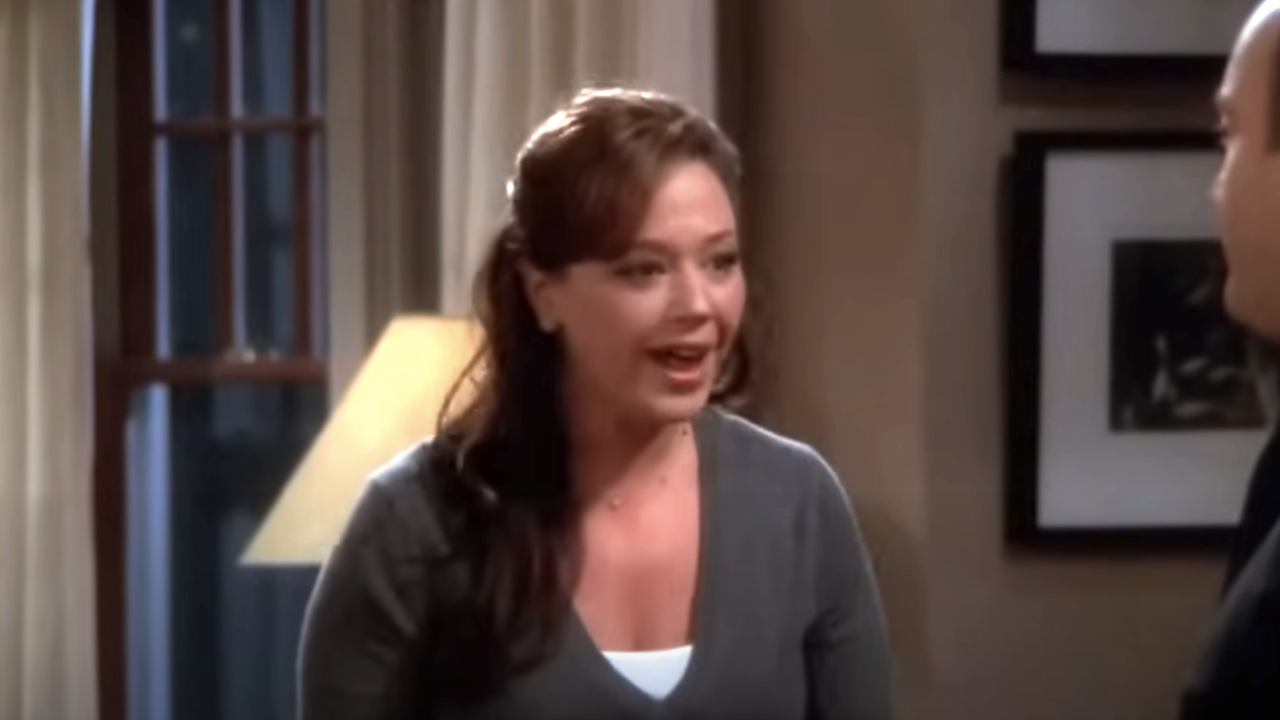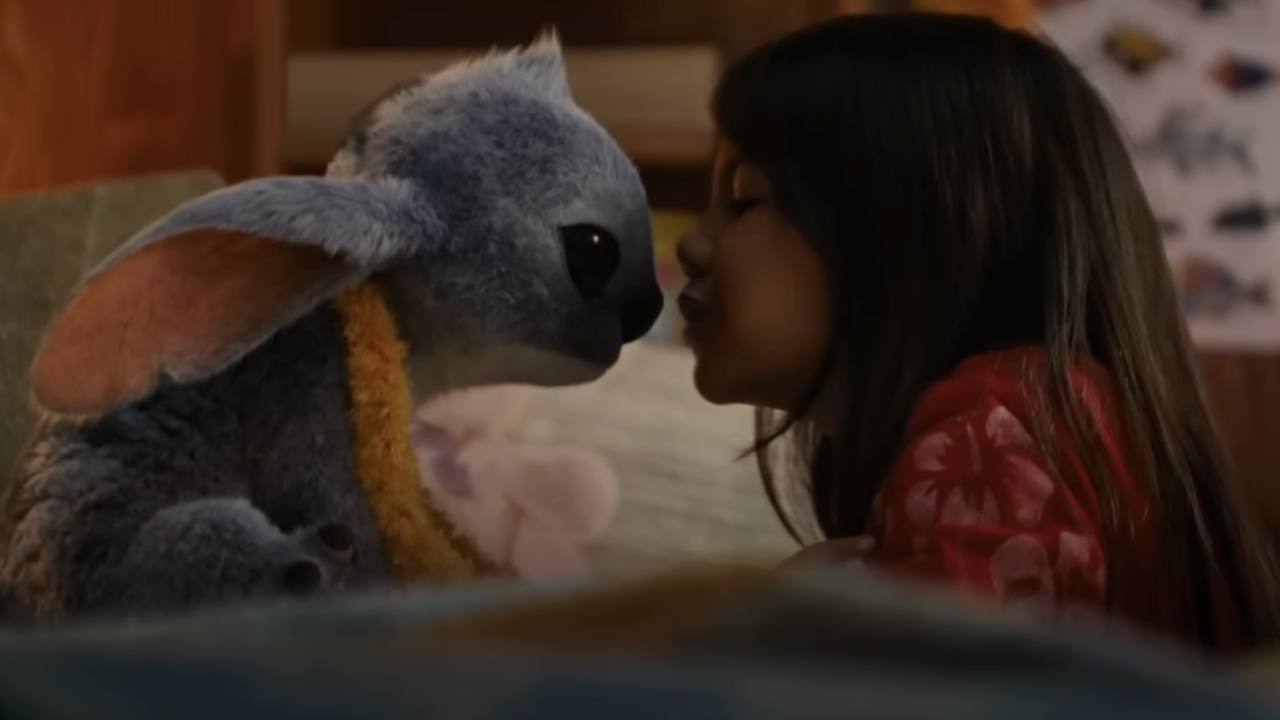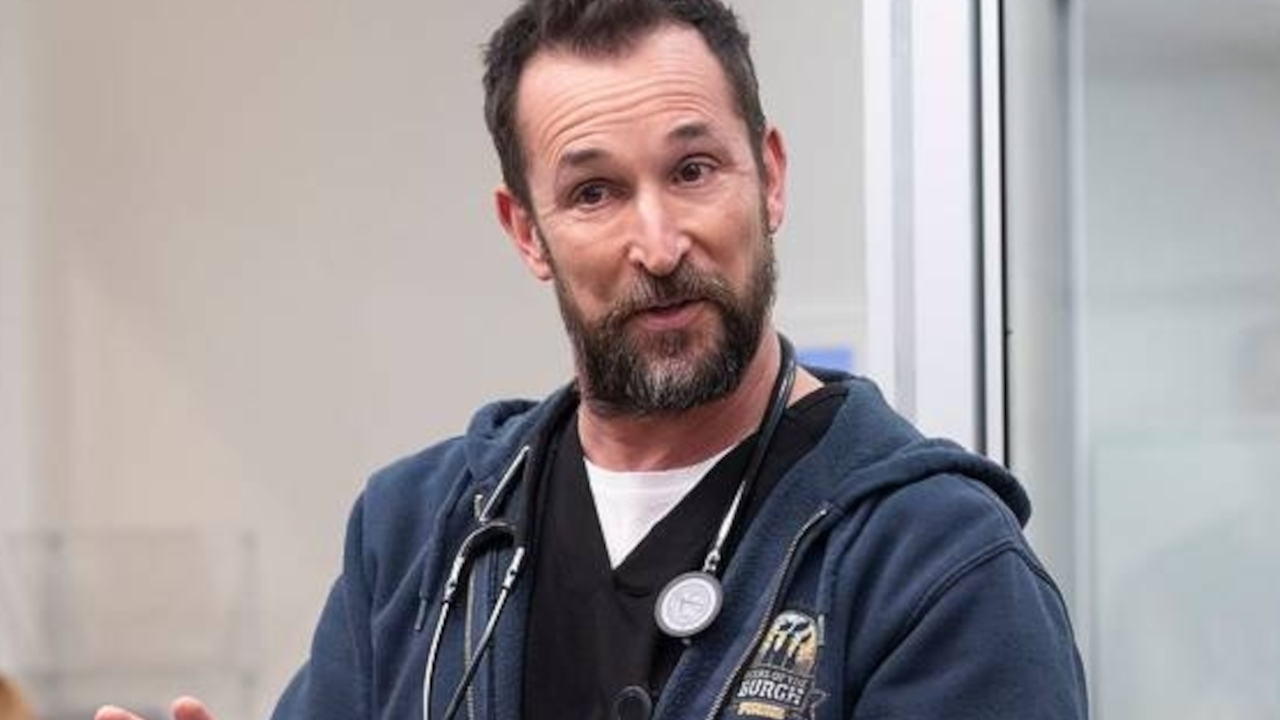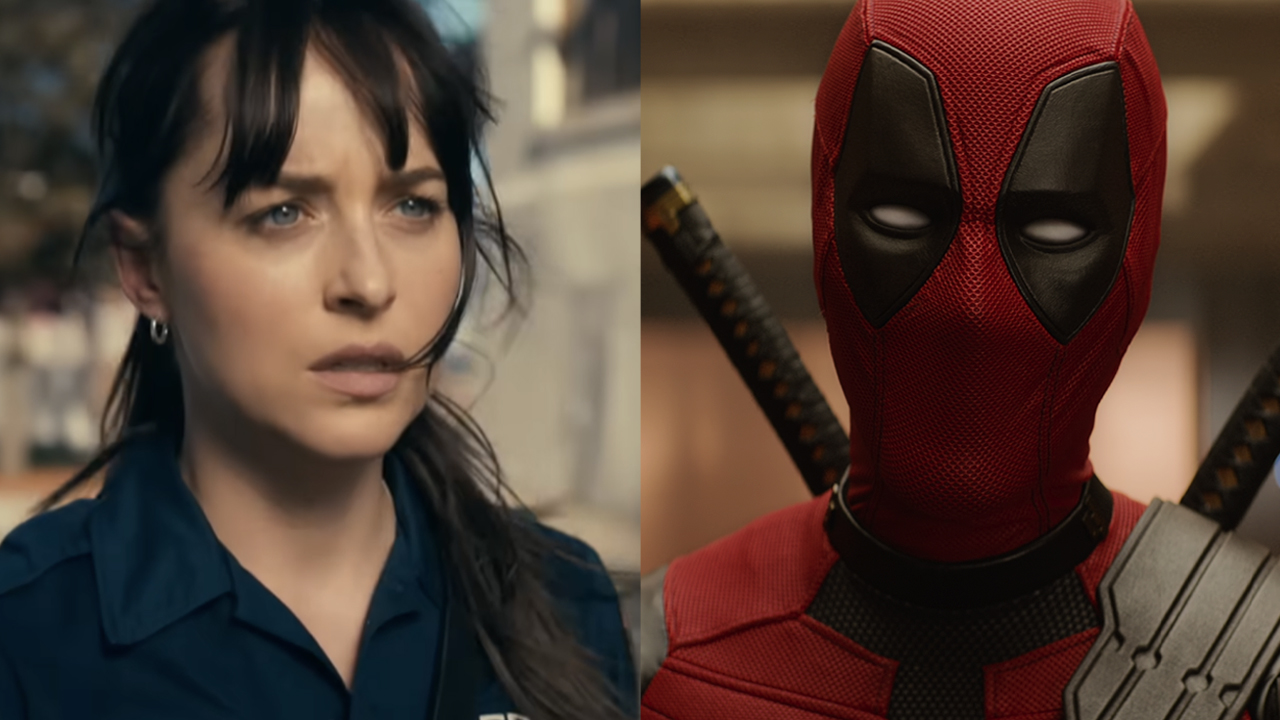Joaquin Phoenix's Rap Career Is Not A Hoax
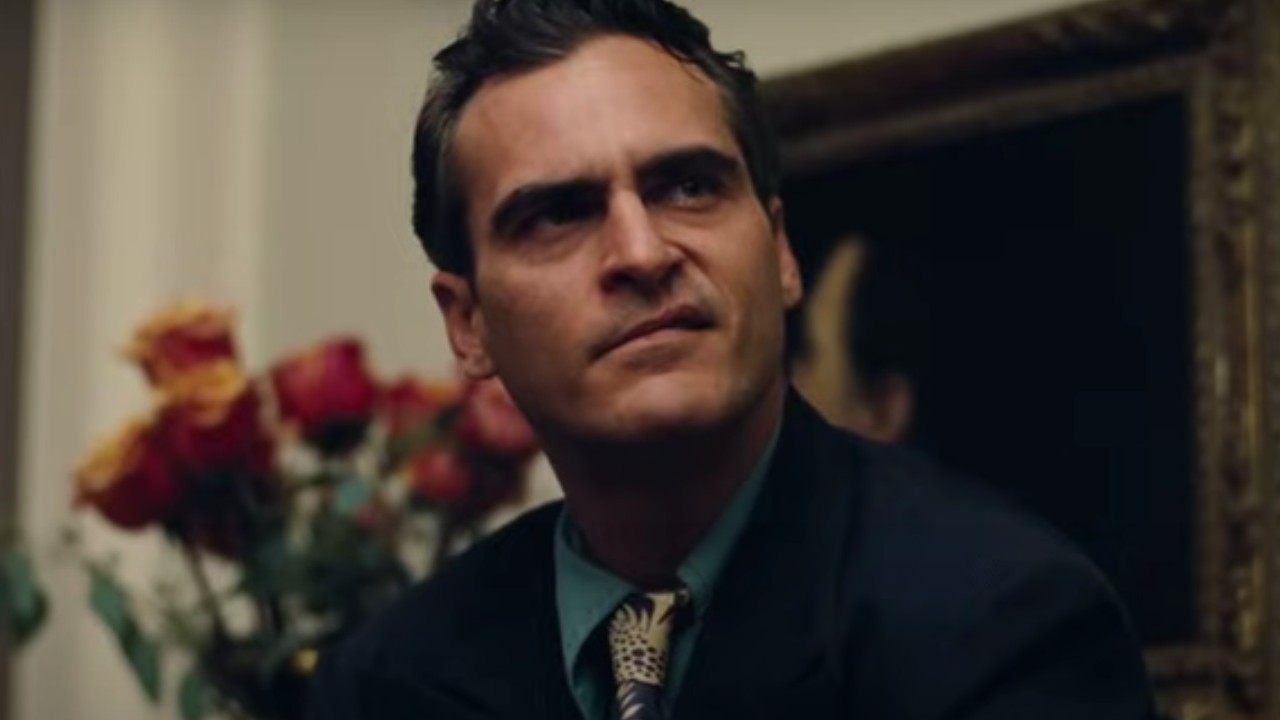
I've sat in a room with Joaquin Phoenix, smelled his cigarette smoke and seen through the dark shades to the once-familiar eyes underneath. And no, I still have no idea what the hell is going on with him. But, and I swear I'm not just saying this because I might wind up in his documentary, I'm convinced he's not a hoax.
Surely you've heard about it all by now-- the slurred red carpet announcement that he was done acting, the messy Las Vegas rap debut, and especially last night's disastrous Letterman appearance. Joaquin Phoenix's career has taken a sharp left turn, to a place that apparently bans razors and combs and considers a rap career a perfectly viable option for a white, Oscar-nominated actor raised by hippies.
Yesterday my online colleagues and I were gathered for the junket for Two Lovers the movie that Phoenix is ostensibly out promoting. What you saw on Letterman is essentially what we got-- a shambling, mumbling cipher, masked by sunglasses and facial hair, who showed no real interest in talking about the movie he was being paid to promote. It's unfair to accuse him of drug use, but it's a fair guess that some were involved. Because Casey Affleck and his crew were there filming the interview for the documentary about Phoenix's new career, we indulged him in his desire to talk about rapping, and maybe because of that, we got more out of him than Letterman did. He was talkative, almost friendly, admitting he's planning to collaborate with Diddy and talking about his plans for dance songs, even "sexy songs," on his rap album. He mentioned how much he hates promoting films, which we had pretty much guessed, but also trashed acting in general, saying that talking about your emotional connection to your character is just something you say "when you're trying to get nominated."
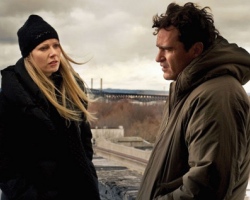
The only bit of that open disdain he showed Letterman-- and Letterman shoved right back at him-- came when one reporter dared to ask the question on everyone's mind: basically, "Is this a put on?" Phoenix acted as if he'd been slapped, as if he hadn't heard the question in dozens of interviews already. "It's hard not to get offended," he responded, as if his dedication to rap throughout his life should be enough evidence that this is all for real. And while he seemed to shrug it off, and the interview proceeded however bizarrely from there, Affleck jumped in at the end, telling the reporter she was so busy being "savvy" that she wasn't able to accept the honesty behind it (at least, I think that's what he was going for). I'm not sure who's drinking the Kool-Aid and who's serving it, but neither man seems capable of understanding the main reaction this whole rap career has gotten: total skepticism..
The junket proceeded from there, and we talked to Two Lovers director James Gray and co-star Vinessa Shaw, both of whom seemed baffled but otherwise unwilling to talk about Phoenix's behavior. Just when we thought it was OK to go, an hour after we'd expected thanks to Phoenix's late arrival, Casey Affleck came back in, sat us back down, and asked us to explain just why we didn't believe that his brother-in-law Joaquin was being anything less than genuine.
Where to begin, right? Casey listened attentively as the eight or so journalists left tried to make our case, citing everything from Joaquin's weird appearance and slurred speech to the checkered history of white rappers. But at no point did he seem to drop his position that we were the crazy ones, that people change careers all the time and Joaquin's rap career is no less unbelievable than, say, Scarlett Johansson dropping an album. Why couldn't we just be happy for him and let him do his thing? Haven't we ourselves ever wanted to do something different? (To prove this point, he actually went around the room and had us list all the jobs we've had before, and what we really want to be doing).
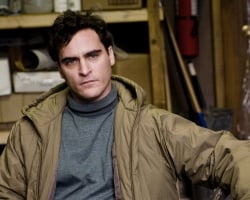
But amid the genuine dismay he seemed to have at our cynical questions, Casey gave an explanation that may have cracked the case. He blamed reality TV for our conception that everything has to be 100% fake or 100% real-- "there's a million shades of gray in-between." And that, more than anything seems to be the answer we're looking for. Joaquin Phoenix really does want to be a rapper, but he also really wants the attention that comes from appearing to have a breakdown in public. I told Casey that I was skeptical of how publicized the whole thing is, how Joaquin announced his retirement on the red carpet, rapped in Vegas for the first time only weeks later, and now has a documentary crew following him, assuring that we'll be hearing about MC JP or whatever for at least the next year. But given that Joaquin has willingly participated in the publicity tour for Two Lovers, all while barely talking about the movie itself, the publicity seems to be what it's all about. If he had cut an album in the privacy of his home and told us about it six months later, that would be beside the point. It's about the rapping, but it's also about subverting every expectation we have of the stern-jawed, Oscar-nominated actor.
CINEMABLEND NEWSLETTER
Your Daily Blend of Entertainment News
So is it a stunt, or is it for real? As Casey hinted, it's a little bit of both. Joaquin Phoenix is never going to "break character," or admit the rapping was all a hoax, because it's not. Phoenix really does want to be a rapper, but who knows if it's because that's his lifelong artistic dream, or because it's the last thing we would have expected. The rapping, the beard, the Casey Affleck documentary-- it's all part of a package telling us "You think you know Joaquin Phoenix, but you have no fucking idea."
I was exhausted at the end of the day, slightly in shock that I'd spent the last hour being grilled by Casey Affleck, and more sure than ever that, whatever else is going on, we're not being punk'd by Joaquin Phoenix. Whether it's drugs talking, or an actual nervous breakdown, or a Britney-esque desire to distance himself as much as possible from his matinee idol potential, Phoenix feels everything he's doing as genuinely as we might have thought he felt his characters in his movies. Acting isn't really him, he told us, but this-- whatever this is-- is real. For lack of a better option, I choose to believe him.
Staff Writer at CinemaBlend

